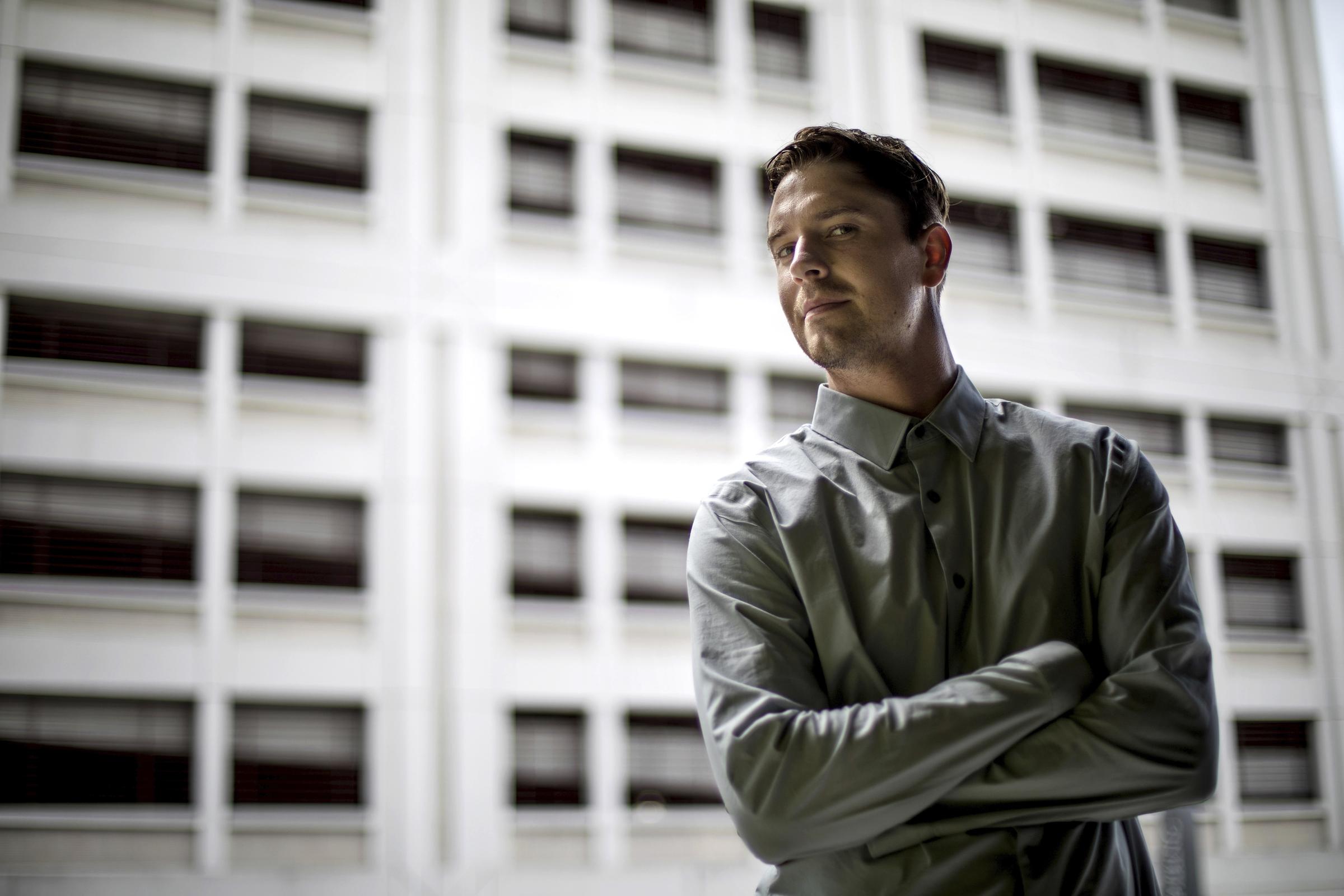It’s been a busy year for Cameron Padgett.
He’s a senior studying finance at Georgia State University, and, in his free time, he’s been contacting schools across the country to set up speaking engagements for white nationalist figure Richard Spencer.
Like us on Facebook
Spencer popularized the term “alt-right,” and after the presidential election, video of him giving what looked like a Nazi salute and saying “Hail Trump” went viral.
Over the weekend, Padgett’s lawyer sued one of the schools that turned down Spencer — Michigan State University.
“The decision was made due to significant concerns about public safety in the wake of the tragic violence in Charlottesville. While we remain firm in our commitment to freedom of expression, our first obligation is to the safety and security of our students and our community,” said MSU spokesperson Kent Cassella in an emailed statement.
Padgett says he’s a staunch supporter of free speech.
“I didn’t get into anything other than what every United States citizen should be into, and that’s protecting the First Amendment,” he said.
He said he heard about Spencer, and got to know him, a couple years ago. Despite booking speeches for him, Padgett doesn’t identify as alt-right. He calls himself an identitarian, defined, in his lawyer’s complaint as “a Eurocentric political ideology which advocates the preservation of national identity and a return to traditional Western values.”
“I would define it as ‘not degeneracy’ basically,” said Padgett. “Violence, sex before marriage, that kind of stuff, pornography — that has not been good for society at all.”
“Hispanics, they hang out. They barbecue together. African-Americans, they go hang out. They barbecue together. We hang out with other races, too, but, you know,” said Padgett, who is white.
Padgett is also working on getting Spencer booked at Penn State and the University of Florida. Earlier this year, he won a $29,000 settlement in a similar suit against Auburn University. Padgett said $3,500 of that went toward renting and securing the venue for Spencer; some went toward legal fees, and he donated all the rest to an unnamed “pro free speech organization.” It wasn’t the ACLU.
According to Padgett, the choice of schools he’s contacted is based more on his personal networks than any larger strategy. “Friends that live up there. Attorneys also. Just people that we know that live in those areas,” he said.
His lawyer is asking for $75,000 in damages from MSU.
Lecia Brooks, of the Southern Poverty Law Center, said public schools have very little right to deny speakers.
“If the university is open to public events, they have to be open to all public events,” Brooks said.
Spencer hasn’t openly incited violence, she said, and proving imminent danger before any event is an extremely tough sell in court. The SPLC actually recommends that schools allow controversial speakers, with some caveats.
“Educate the university community about the speaker, do all they can to work with the student organizations and students on campus to organize a counter-event,” and keep opposing sides separated, Brooks said.
Padgett said for now, he has no plans to book Spencer at his school. Georgia State University declined to comment.









